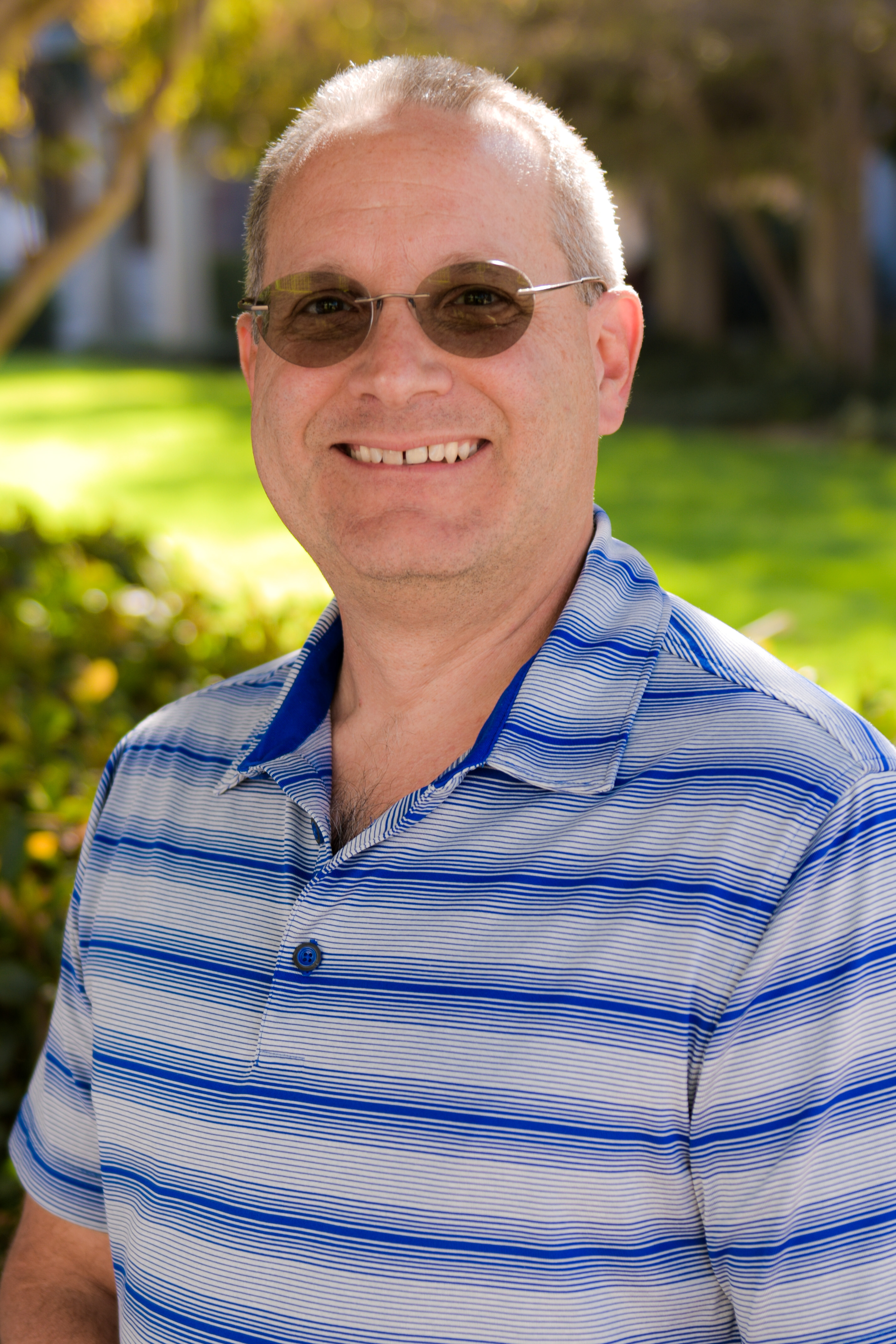Cummings, Brian, Ph.D.
Brian Cummings, Ph.D.
Professor
Biography
Dr. Cummings earned a B.S. in Psychology and a B.A. in Philosophy from the University of Illinois in 1987. He was awarded his doctorate in Psychobiology in 1992 from UCI for work on quantitative assessment of neuropathology in Alzheimer’s disease and the relationship of pathology to dementia with Dr. Carl W. Cotman. He was a lecturer and post-doctoral fellow at Harvard Medical School for two years working on work on animal models of neurodegeneration and neurotrauma, and an Instructor at Brandies College. His early work helped establish the aged canine as a natural model of amyloid pathology, and he was the first to demonstrate that aged cats exhibit Alzheimer’s pathology as well. In 1997, Dr. Cummings returned to Irvine and helped build the science department at Sage Hill School, a private non-denominational high school in Newport Coast, CA. In 2002, he joined the Department of Physical Medicine and Rehabilitation at UCI, where he began a collaboration with his wife, Aileen Anderson, Ph.D., on rodent models of spinal cord injury and the role of human stem cells in the repair of the central nervous system (CNS). Together, their pre-clinical work on the use of human neural stem cells to treat thoracic spinal cord injuries has recently resulted in a Phase I/II trial in Switzerland in collaboration with Stem Cells Inc.
Research in Lay Terms
Dr. Cummings investigates the mechanisms of recovery mediated by human stem cell transplantation after neurotrauma (spinal cord injury and traumatic brain injury). Neurodegeneration and regeneration represent critical basic science arenas for understanding basic biology as well as therapeutic targets for functional recovery. Thus, his lab is interested in factors affecting the survival, engraftment, migration, and differentiation of stem cells both in animal models and in cell culture models.
Research Focus
How can we use human neural stem cells to treat CNS injuries? How do human neural stem cells interpret the niche? Can transplanted stem cells integrate (form new myelin or make new synapses) with the host or do transplanted cells modulate their new environment? Integration of new biomaterials with stem cells for use in the CNS.
Research Details
We work on the characterization of ES, iPS, and adult neural stem cell lines for use as therapeutics by studying the interactions between human neural stem cells and the injured CNS using in vitro and in vivo models of spinal cord injury, traumatic brain injury, and neurodegeneration.
One focus is the effect of the injured microenvironment on stem cell survival, differentiation, and engraftment. These experiments entail microsurgery, behavioral analysis, immunocytochemistry, stereological quantification of survival and fate, and electron microscopy. We have demonstrated that human neural stem cells differentiate into neurons, which form synaptic connections with an injured mouse host and oligodendrocytes, which remyelinate mouse axons. Subsequent behavioral improvements are abolished following selective ablation of engrafted human cells, demonstrating that human neural stem cells functionally integrate with their host and form meaningful connections (Cummings et al., PNAS, 2005, Hooshmand et al, PLoS One 2009).
Cell-based therapeutic approaches are dependent upon immunosuppression in an otherwise normal animal or testing for proof of principal in immunodeficient models. This has significant implications for animal experiments and for human trials, where continuous immunosuppression may be required to obtain successful graft survival. Little is known about the direct effects of immunosuppressant drugs on neural stem cell proliferation or differentiation. We are examining the effects of immunosuppressants on human stem cell survival, proliferation and fate, as well as the interaction between cells of the immune system and stem cells.
The lab is currently working with human embryonic stem cells (H9, HUES9 and Shef-3, Shef-4 and Shef-6), human amnion derived stem cells (from Stemnion LLC), and fetal derived neural stem cells (StemCells Inc). A new area of study focuses on the epigenetic changes that occur as cells are cultured or transitioned to xenofree (animal free) media conditions or exposed to biomaterials.
PubMed Link
http://www.ncbi.nlm.nih.gov/pubmed?term=cummings%20BJ%20AND%20irvine
Related Links

Email: cummings@uci.edu
Department Affiliations:
Department of Physical Medicine & Rehabilitation, Institute for Memory Impairments and Neurological Disorders, Department of Anatomy & Neurobiology, Reeve-Irvine Research Center
Favorite book:
“The Lord of the Rings” - JRR Tolkien
Favorite Movie:
Blade Runner - Ridley Scott
Favorite Quote:
"All tyranny needs to gain a foothold is for people of good conscience to remain silent." - Thomas Jefferson